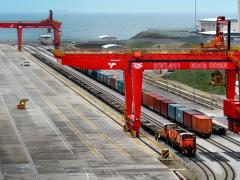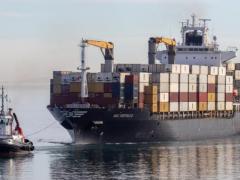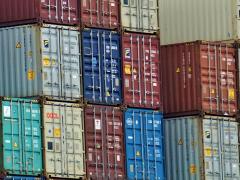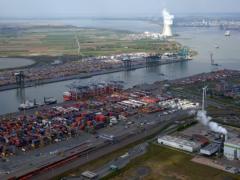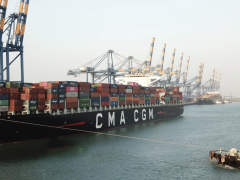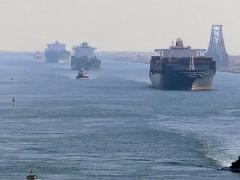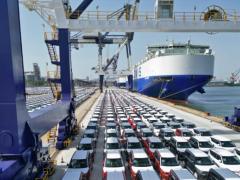Informal operators in the express delivery market are ripping off the public, according to sources close to FTW. Although it is “almost impossible” to get into the formal express delivery and courier market, these operators are functioning outside of the stringent business procedures. A reader alerted us to a company based in the United Kingdom (UK) which can arrange Europe international services “if required”, according to its website. She told FTW that a friend had purchased electronic equipment from the UK and was hit by “exorbitant customs fees which didn’t look legitimate”. A quick search on HelloPeter. com showed similar complaints against the company, including this latest one, titled ‘Dodgy company’: “Their website looks very authentic and even has tracking capabilities, but once the parcel supposedly hits SA shores, then there are all sorts of import duties and product certificates required and payable immediately to avoid delays to delivery. Be warned, be wary, and stay far, far away.” FTW was unable to obtain comment from the company in question but a further search revealed more complaints and concerns about South Africanbased courier companies on a number of customer complaint websites. Many of these do not have websites, or if they do, it’s simply a homepage with a number (or a listing on another site). Garry Marshall, chief executive of the South African Express Parcel Association (Saepa), says that customs duties are not decided by the courier/ express delivery company but by the South African Revenue Service (Sars) Customs Administration. “Should anyone doubt the validity of the fees, it's best to request the customs documentation,” he suggests. As for how informal operators manage to beat the strict regulations – which include a R6 000 operating licence fee – Marshall says he can only speculate that some of the couriers may be customers of one of the formal operators. “They align themselves with one of the wellknown companies and then on-sell the services at a mark-up,” he told FTW. Or, they operate as a messaging service rather than an express delivery or courier service. “But they will be unable to compete with established couriers as they don’t have the route network or the capability to meet stringent deadlines and therefore can’t charge for premium services,” said Marshall. A courier company found operating without a licence can be fined up to R250 000. “The formal express parcel industry in South Africa is worth R8-10bn annually so the industry takes great care to ensure stringent regulation and operating procedures are followed which makes the entry levels tough. Unfortunately, there are no barriers for those operating outside the regulatory and legal boundaries,” he says. Marshall told FTW that there were channels to lodge formal complaints against illegal courier operators or even when a formal operator doesn’t meet the standards of service. This includes the National Consumer Complaints Commission, under the Consumer Protection Act, and the Independent Communications Authority of South Africa (Icasa) which regulates the express delivery and courier industry in South Africa. INSERT & CAPTION Should anyone doubt the validity of fees, it's best to request the customs documentation. – Garry Marshall INSERT R8-10bn The annual worth of the SA express parcel industry.


